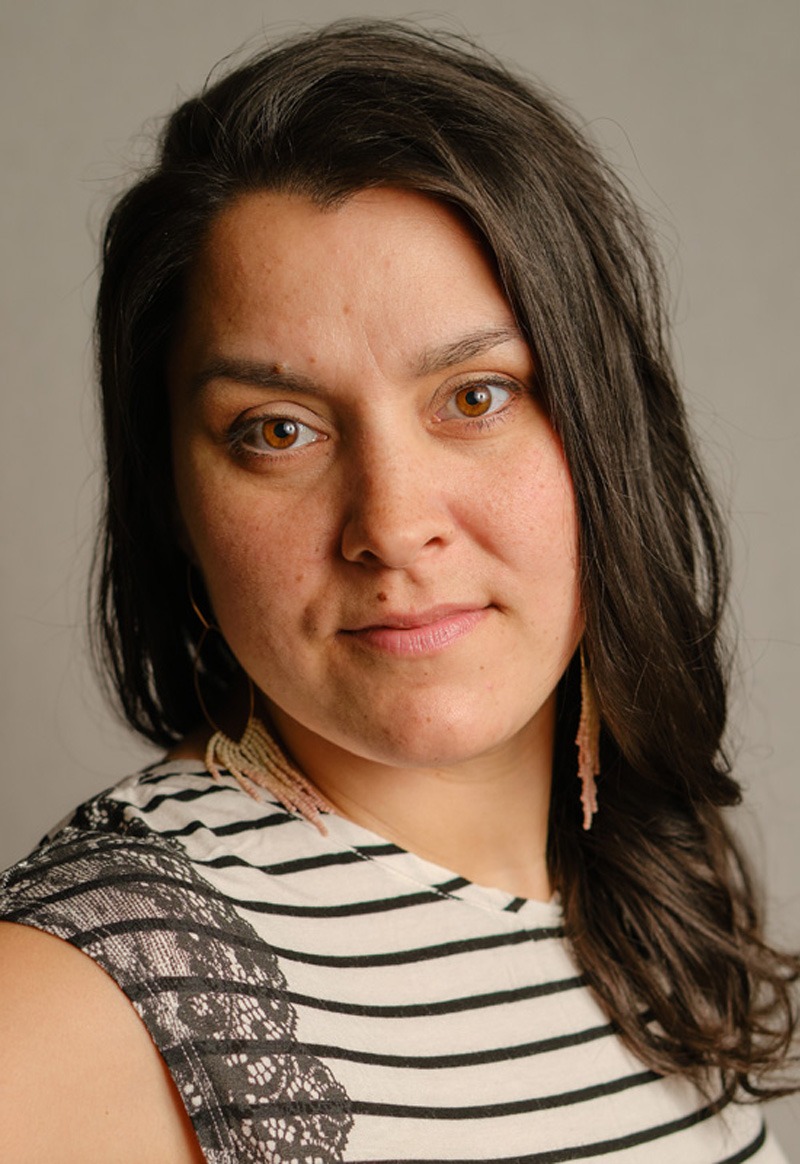Meaningful inclusion

Indigenous people have an advocate at the Faculty of Business Administration, thanks to advisory board member Kristy Sheppard.
Mrs. Sheppard is Inuit and lives in Rigolet, Labrador. She is a director of economic development with the Nunatsiavut Government and has been on the business faculty’s advisory board since the spring of 2019.
Joining the board seemed to be a “good fit,” she says, one which allows her to provide an Indigenous and rural lens to the faculty’s planning and activities while also broadening her own professional network.
“It seemed to be a really fantastic option,” she said. “I felt like we could perhaps layer some of that –remote, Indigenous and not being centralized in St. John’s – onto some of the fantastic attributes of the board already.”
Community service
Mrs. Sheppard was born and raised in Rigolet. She earned a bachelor of arts degree in sociology from Acadia University in 2006 and a master of arts in tourism management from Royal Roads University in 2011.
She’s one of five trustees on the Labrador Inuit Capital Strategy Trust and was recently named vice-chair of the board of directors for SmartICE, a social enterprise operating in Northern Canada.
She’s also a member of the board of directors for the Economic Developers Association of Newfoundland and Labrador (EDANL) and was an Inuit representative on a recent roundtable on Canada’s rural economic recovery that was led by Hon. Maryam Monsef, minister for women and gender equality and rural economic development. In 2017, Mrs. Sheppard was one of 250 emerging leaders from across Canada chosen for the Governor General’s Canadian Leadership Conference.
With over decade of experience in community economic development, Mrs. Sheppard was the Nunatsiavut Government’s first director of tourism and helped establish Nunatsiavut as a tourism destination.
Indigenous perspectives
Over 45,000 people in Newfoundland and Labrador identify as Indigenous, according to the 2016 Canadian census.
Including Indigenous perspectives in policy development and decision-making affects all Newfoundlanders and Labradorians, says Mrs. Sheppard.
“I think that our reality is different but it imparts upon the whole. By being able to understand what some of our circumstances are, what some of our strengths are, where are some of the places that we can continue to develop, we can maybe strengthen what’s currently happening [at the faculty].”
Dr. Isabelle Dostaler, business faculty dean, says deepening diversity is important to ensure the faculty is meeting the needs of students and the province.
‘Continuously evolving’
"We recognize that society and educational practices are continuously evolving, and we need to be adaptable in order to maintain our reputation for excellence in business education,” she said. “We’re committed to creating a diverse and inclusive ecosystem for students, staff and faculty alike.”
For Mrs. Sheppard, working with the business faculty is a meaningful partnership.
“We wanted to make sure we were in a position to be able to offer another institution what we would regard as value to the public overall,” she said. “Inclusion is really important to different groups right now. We prefer to only be involved when it’s meaningful inclusion.”
To learn more about the business faculty’s advisory board, click here.